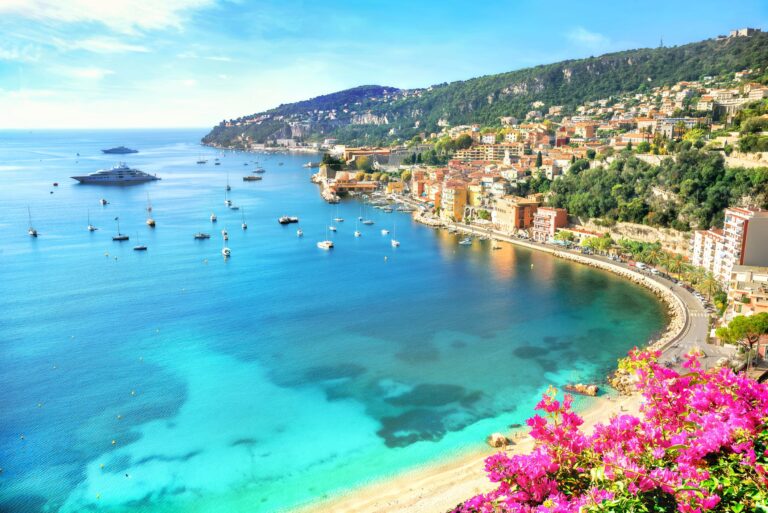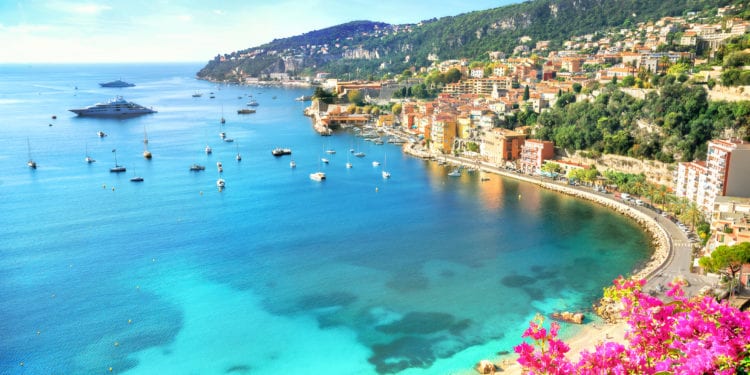
For more information on France, visit our destination and high-traffic event guides:
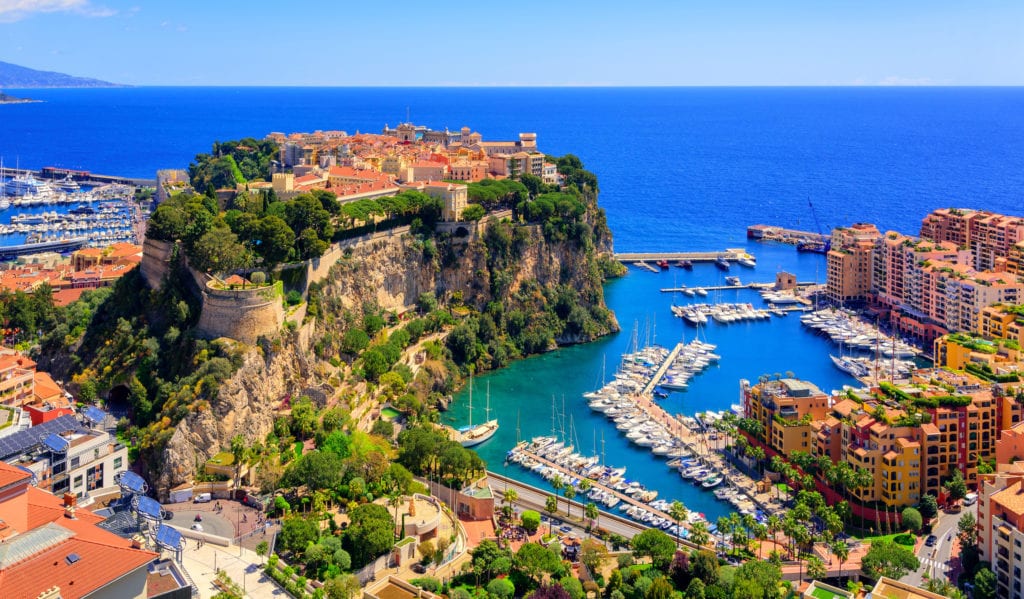
The Mediterranean region of France is a busy and popular destination during the summer months, and business aircraft traffic is high. While 3rd-party providers and ground handlers can orchestrate last-minute requests for aircraft parking, hotels and service availability, best practice is to do as much pre-planning as possible.
During peak season, May-October each year, airports in southern France – including those around the French Riviera – experience congestion and aircraft parking issues.
Typically, Nice (LFMN) is the most challenging airport at which to secure aircraft parking during peak season, but other airports also have issues and assorted restrictions to consider. It’s best to work with your 3rd-party provider and local ground handler well in advance when planning operations to southern France during peak travel periods.
The following is an overview of what you need to know:
Southern France Airports
Nice (LFMN), Cannes (LFMD), Marseille (LFML), and Toulon (LFTH) are the most popular airports in Southern France. They are all Airports of Entry (AOEs) with full aircraft services and, with prior arrangement, credit availability.
Nice (LFMN)
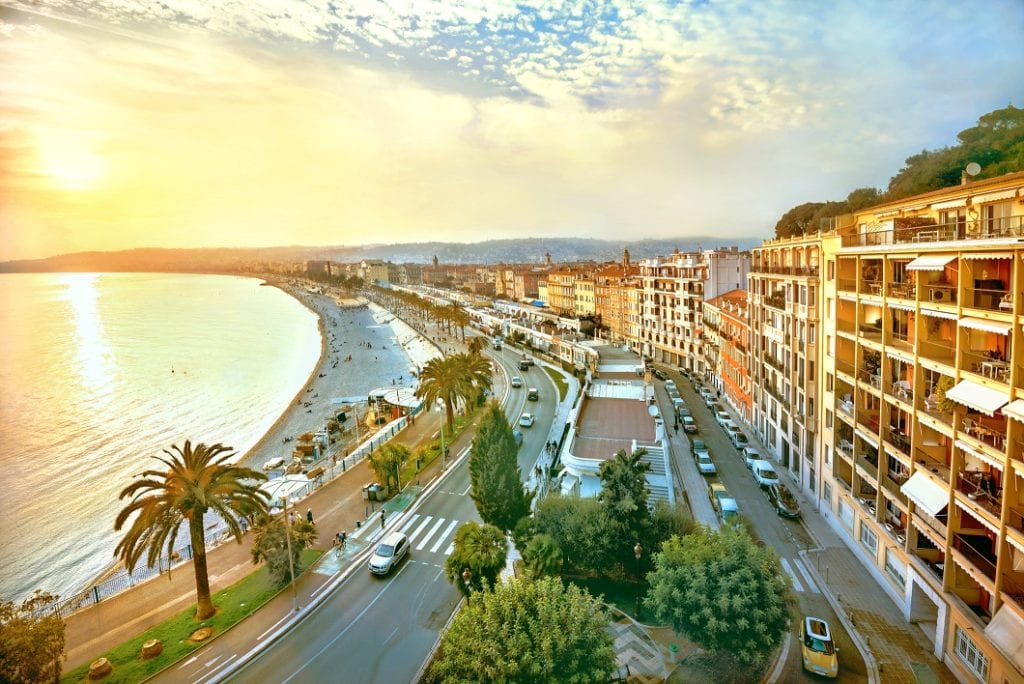
- When to choose LFMN: This is the best airport choice for 24-hour ops, fast response times for all services, events, destinations, price, long-term parking, etc.
- Curfews – LFMN is a 24-hour AOE with a General Aviation Terminal (GAT).
- A-CDM – In November 2019, Nice launched Airport Collaborative Decision Making (ACDM). CDM programs determine if airway and airport slots match flight plans. In the event of a missed match, flight plans are auto-cancelled. If operators are not careful, both airport and airway slots may be cancelled as a result of even small schedule changes. Our blog has more information about A-CDM in Spain and Italy.
- Parking is very limited during peak season and high-traffic events. Requests for parking and the PPR status will not be confirmed until a week before arrival. Keep in mind that changes to your schedule will cancel any confirmed parking approvals and will require you to re-submit your parking request. During this period LFMN often denies parking requests and will not confirm parking status until close to day of operation. If you’re not able to confirm parking at LFMN, you’ll still be able to obtain airport slots to drop off/pick up passengers. Longer-term parking is particularly expensive at Nice (LFMN) as it’s charged on an escalating scale, depending on how long you stay. For this reason you may want to consider repositioning your aircraft if passengers are staying in the Nice area for any length of time. In Nice, any quick turn less than three hours is always accepted.
- Customs, Immigration, and Quarantine (CIQ) clearance is normally available at the LFMN GAT 0800-2100 local. Outside of those times, Customs is available at the main terminal.
- Fuel – Fuel services close at about 2130 local and reopen about 0630 local – this does not mean it is fully operational at this time. Overtime fueling is possible at LFMN with prior arrangement. If you are arriving and need fuel for departure, you can call ATC and they will call the fueling agent. The agent has one hour to arrive. For short-notice fuel uplift requests during night hours, it’s possible to contact Air Traffic Control (ATC), which will contact the fueler to come out. Best practice for LFMN is to fuel on arrival, or at least prior to day of departure.
Cannes (LFMD)
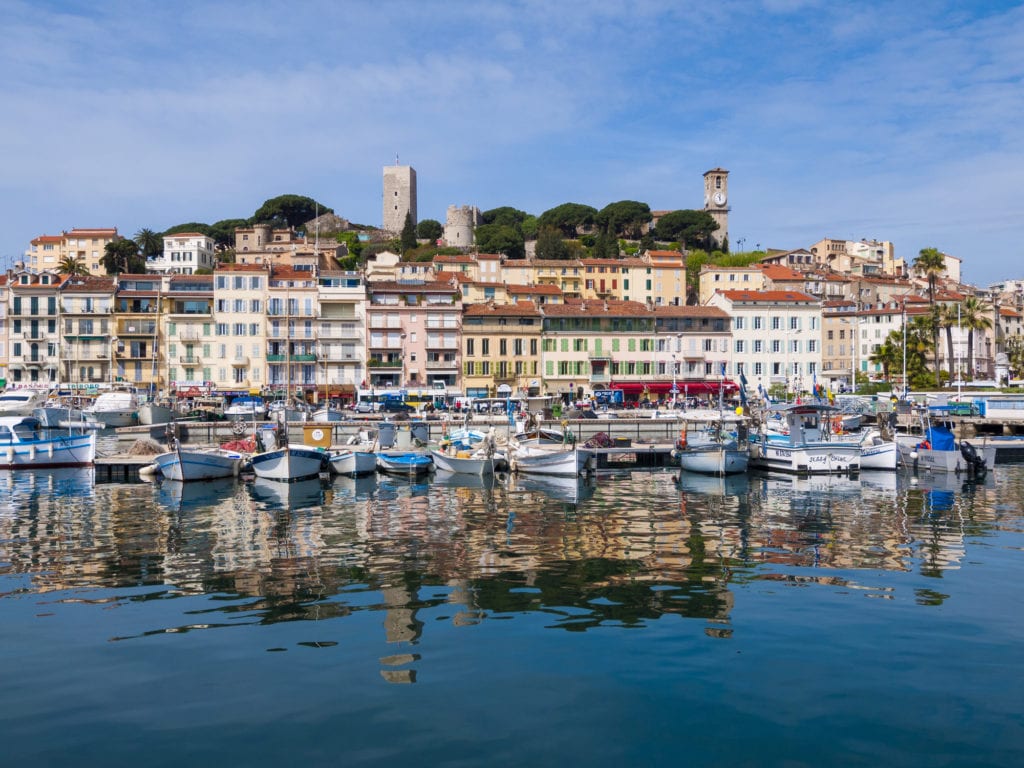
- Best airport choice for: Events, destinations, price, long-term parking (when the aircraft is under 35 tonnes)
- Curfews – LFMD is not a 24-hour airport. LFMD operating hours are normally 0800-2000 local. During summer months, however, operating hours are 0800-sunset + 30 min, with the latest possible operation at 2230 local. No overtime is possible for LFMD.
- Slots/PPR – Airport slots are required during the Cannes Film Festival for LFMD and have a deviation of +/- 10 minutes. PPR is only needed for LFMD during the period of the Cannes Film Festival. Specific information is unknown at this time. PPR is obtained by your ground handler via an online site.
- Parking – During peak season, it’s recommended that airport slots/PPRs be requested one to two months in advance in order to secure aircraft parking priority. Although parking will not be confirmed until close to day of operation, requests are processed on a first-come-first-served basis.
- Aircraft limitations – LFMD is limited to aircraft with maximum takeoff weights of up to 35 metric tons for a jet engine (a G4 can land but not take off with full fuel.)
- Fuel – Aviation fuel is available with no limitations.
Toulon (LFTH)

- When to choose LFTH: Toulon can be a challenging airport. It’s a good option if passengers are traveling to Saint Tropez and prefer not to take a helicopter from the airport to Saint Tropez. However, depending on traffic, the drive from the airport can still take significant time.
- Curfews – Airport hours are 0630-2300 LT MON-FRI; 0700-2100 LT SAT; 0800-2300 LT SUN & BANK HOLIDAYS.
- Slots/PPR – LFTH is a military airport, and PPRs are needed for all operations. Minimum PPR lead times are four hours in the case of domestic flights from within France, 24 hours of French office hours if you’re operating in/out of Schengen areas, and 48 French office hours when operating from non-Schengen countries. Note that PPRs for LFTH must be obtained by your 3rd-party provider via a special website.
- Parking – Aircraft parking is on first-come, first-serve basis, and scheduled commercial airlines take priority.
- CIQ – Customs is automatically notified when your PPR is submitted. They do not always come out, so if you need your passport stamped, you will have to specifically request that they come.
- Fuel – Aviation fuel is available with no limitations. Note: airlines have priority and there is only one driver.
- Catering – There are good local caterers available.
Other popular Southern France destinations
Marseille (LFML)
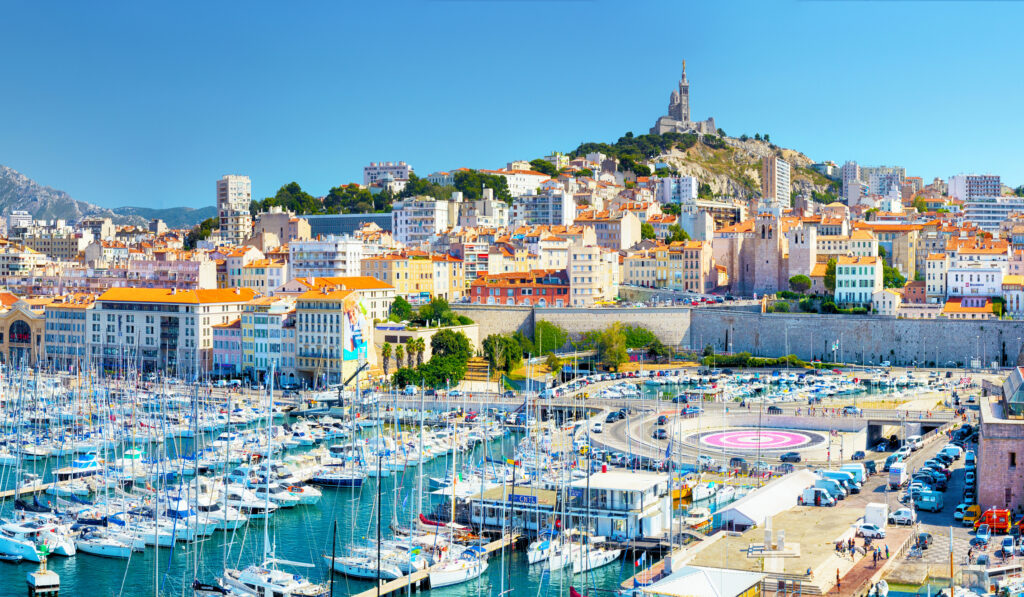
Aerial panoramic view on Old Port of Marseille (Vieux-Port de Marseille), France
LFML is a 24-hour AOE with no PPR requirements. Note that the GAT at this location is only open 0630-2130 local. Overtime can be requested to open the GAT outside of normal hours, but such requests require 48 hours’ advance notification. Alternatively, you may operate to the main terminal during the hours the GAT is closed. This location has fewer than 10 available parking spots in front of the GAT, and operators need to be aware that aircraft may be repositioned to the airline parking area.
St. Tropez

Saint-Tropez
Toulon LFTH is the best airport for operations to St. Tropez. Be mindful that St. Tropez has only one road in and out of the city, which can become extremely congested during high season. Under ideal conditions, drive time from LFTH to St. Tropez is about 46 minutes to an hour but can be as long as hour and a half to two hours. Helicopter transfers from LFTH to St. Tropez are only about 10-15 minutes.
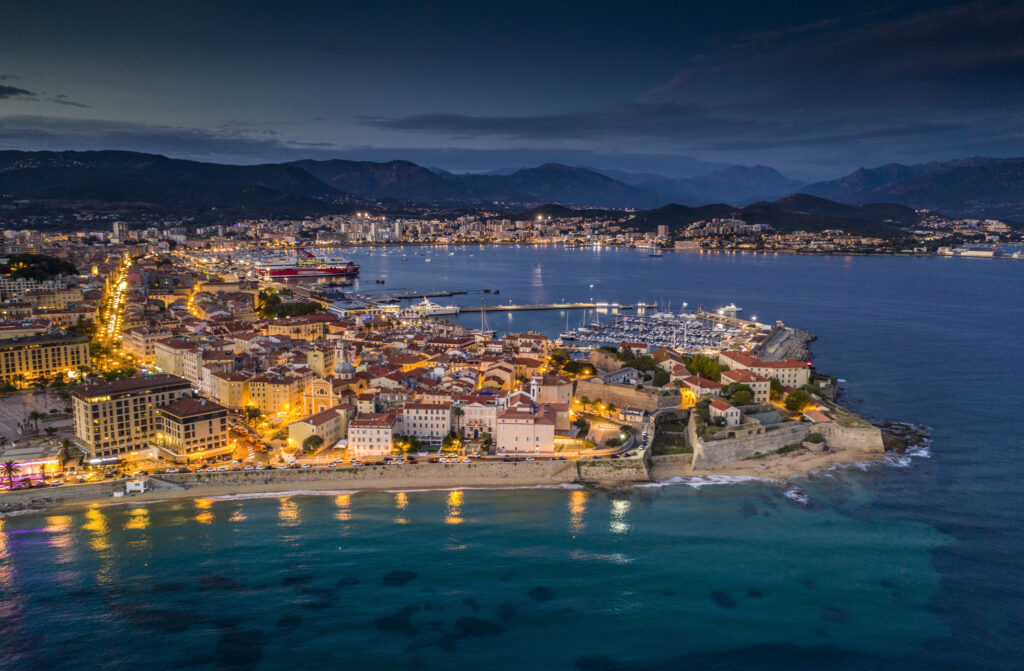
Aerial view of the illuminated cityscape of Ajaccio in Corsica. Corse-du-Sud, in France
Figari is the regions best airport if you’re connecting with a yacht. LFKF operating hours are 9-5 p.m. local. This airport is popular for travel to Corsica. It is an AOE with CIQ available in the main terminal. Along with your CIQ request, you must submit, in advance, full crew/passenger information for review. Prior request and permission, at least 24 hours in advance, need to be obtained for aircraft parking and one hour for quick turns is typically the longest that will be approved. Overnight parking is not available.
Slots
Airport slots and PPRs should be requested as soon as a firm schedule is known. During peak season, it’s recommended that airport slots/PPRs be requested one to two months in advance in order to secure aircraft parking priority.
Parking
During the off season in the south of France, there are generally no aircraft parking limitations at any airport, unless there’s work going on airside. Be aware that aircraft parking, particularly long-term parking, can be very expensive in the south of France, and these high rates apply year-round.
Although parking will not be confirmed until close to day of operation, requests are processed on a first-come-first-served basis.
Long-term parking
For many locations you may request long-term or extended aircraft parking, but approval will be at the discretion of airport authorities. Note that Le Castellet (LFMQ) is a good parking alternate for LFMN with lower costs, extended stays possible, and hangar space available for transient operations. Other alternate long-term parking options, for the general area, include: Avignon (LFMV), Nimes (LFTW), and Montpellier (LFMT) and Marseilles.
Ground handling
Ground handling and support services are available at all locations. There are, however, limited services offered at LFTZ and LFKF, and service requests should be made in advance.
Universal Aviation France can support your missions throughout France. Contact us for more information.
Hotels
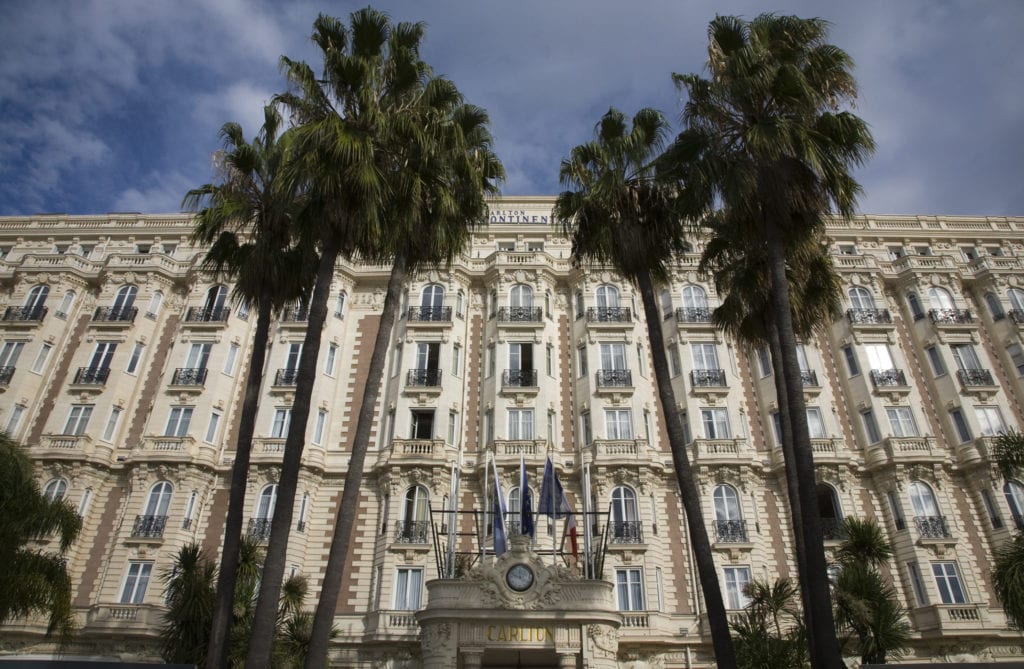
Hotel availability can be an issue during peak season in the south of France as operators are competing with high tourism demand. It’s best to begin sourcing crew accommodations months in advance for the Cannes Film Festival and Monaco Grand Prix period. In sold-out situations, you may have to travel over an hour to a somewhat remote hotel location.
Area hotels routinely sell out during this period, prices are very high, cancellation policies are strict, and in many cases reservations are non-refundable, with minimum stay requirements. Crew rooms may cost as much as 800-1000 USD per night in the Nice/Cannes area during the film festival period. Few accommodation options that are close by are available for short-notice requests, and any remaining rooms may be a few hours outside of the city. In many cases, particularly for last-minute operations, it may be best to reposition aircraft/crew to LFMQ.
Ground Transport

It’s recommended to book local transport well in advance to obtain best options and preferred vehicle types. At least one-week advance notice is recommended for pre-paid transport (car with driver) bookings. It’s best to avoid rental vehicles during peak high season as local traffic congestion is heavy, parking is limited, and you’ll need to pay cash for toll roads or use a credit card with a chip.
Helicopter transfers
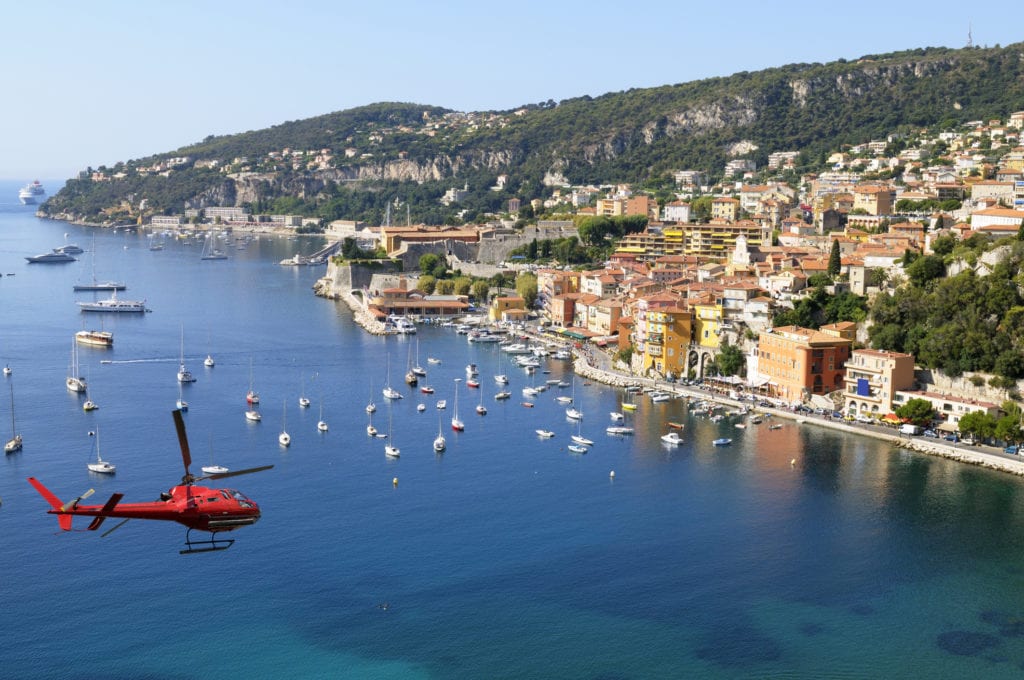
Due to extremely high road congestion in the French Riviera region during peak season and during special event periods, helicopter transfers should be considered. Repositioning from LFMN to Monaco by helicopter is a five-minute flight compared to 45-60 minutes by road. For helicopter transfers to St. Tropez, be aware that the only public heliport is outside the city, and you may still face a 30-minute or more drive from the helipad to central St. Tropez. Best practice is to try arranging the use of a private helipad, right in St. Tropez, and your ground handler can assist with that.
Fuel
Jet A is available at all locations, and aviation fuel cards are accepted. Always check fuel availability at LFMN, as shortages can occur on a regular basis on the weekend, and notification of shortages may be very short. An emergency backup of 5,000 liters is always reserved for an aircraft to be able to reach another destination in Europe.
During peak season, particularly at busier airports in the region, it’s best to arrange jet fuel uplifts and aircraft services on arrival, as this may help avoid day-of-departure delays and issues. While major aviation fuel cards are generally accepted in this region, it’s best to forward a fuel release in advance – particularly when operating to LFMQ. Crew members should always carry their passports and crew IDs, as these two items will always be needed in order to access your aircraft.
Catering

Regional airports in France may have very limited catering options. At smaller airport locations, it’s best to go with the local cuisine and be aware of the limitations. The local caterer, for example, may only provide cold food on particular days. An alternative is to order from a local restaurant, and your ground handler can coordinate this. You’ll need to be very specific with restaurants in terms of what you want, how you require it to be packaged and pre-cooled and how and where it will be delivered. Top priority must be food safety and avoiding health risks. If the ground handler at a smaller airport location does not have refrigeration available, you may need 24-hours’ advance notice to arrange for dry ice to be delivered.
Our blog has more information on ordering catering in France.
For assistance with in-flight catering, Air Culinaire Worldwide can help.
Security
All of these airports have appropriate fencing, security cameras and military police patrols. It’s usually possible to arrange private unarmed security for your aircraft, but it’s best to check with your ground handler in advance.
Off-airport, some large metropolitan areas in France have high crime rates, but no more so than in other large metro areas worldwide. Best practice is to remain in safer neighborhoods, to be careful when walking at night and always to be aware of your surroundings.
Customs (in airport)
CIQ clearance at GATs is always faster than in main terminals, because you’re not competing with scheduled commercial arrivals. Crew and passengers requiring Schengen visas need to obtain them prior to arrival. If you land without appropriate visas, you’ll be denied entry to France.
In this region, only LFML and LFMN offer 24/7 police and customs presence to clear inbound and outbound international flights. At all other ports CIQ hours are limited. Note that customs will not provide overtime services at airports where they’re on duty certain hours. In the case of LFTH, winter hours for clearance services are 0800-2000 local and overtime options are never possible.
For all travel in this region it is mandatory that passenger/crew passports have at least three months remaining validity, beyond intended length of stay.
Peak season/high traffic events

Peak travel activity in France occurs in the south of the country during July and August. This region, however, begins to get busy by mid-May with the Cannes Film Festival and Formula 1 Grand Prix. The most popular destinations during the summer season include Nice (LFMN), Cannes (LFMD), Toulon (LFTH), Marseille (LFML), Figari (LFKF) and St Tropez (LFTZ). These locations are particularly busy during the summer, due in part to beach, resort and assorted yachting activity.
Regulatory considerations
Local strikes continue to occur in southern France, and these range from short-term air traffic control work stoppages to assorted train and truck strikes. It’s important to monitor this, via your ground handler, as local strikes may impact your trip plans, resulting in having to operate to an alternate airport.
Conclusion
While LFMN is often the preferred airport option for passengers heading to the French Riviera, there are airport and parking limitations, as well as high costs, to consider. For longer stays, particularly during the Cannes Film Festival and Monaco Grand Prix period, it’s worth considering repositioning your aircraft to one of the recommended alternate airports.
Airport slots, Prior Permissions Required (PPRs), aircraft parking, and hotel/local transport issues must be considered when planning business aviation operations to the south of France during peak season. While last-minute and short-notice trips to the French Riviera during summer are almost always possible, advance planning is beneficial. It’s best to utilize the expertise of your 3rd-party provider and local ground handler as early as possible in the planning process in order to coordinate preferred aircraft parking and hotel options to help avoid day-of-operation issues.



